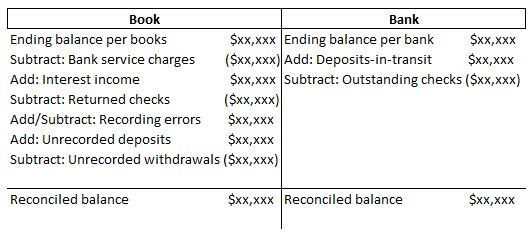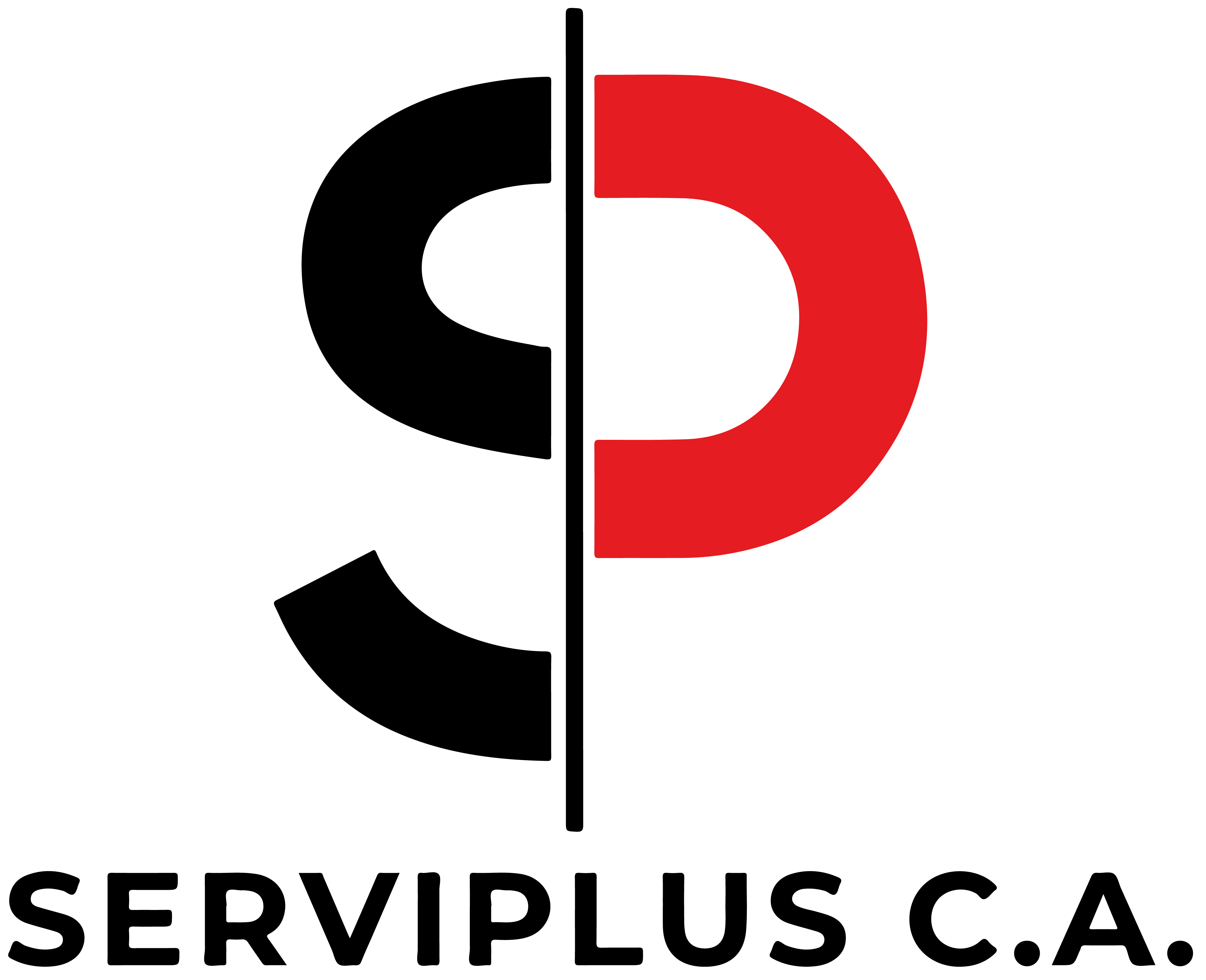
Instead, you will need to contact QuickBooks Sales by phone or purchase a subscription through an authorized QuickBooks reseller. Best for small to medium-sized businesses with five users or fewer in need of strong https://www.accountingcoaching.online/bom-definition-meaning/ accounting and industry-specific accounting features. The $40/month plan gives additional tax support with unlimited help and advice year-round from CPAs and a final review of your tax return by a CPA.
Accounting software you can skip
Further, one user said that QuickBooks Desktop is more expensive than QuickBooks Online, especially if you need multiple users, which aligns with our evaluation. We have an extensive history of reviewing QuickBooks products, and we stay up-to-date with the latest features and enhancements. Our first-hand experience, guided by our internal case study, helps us understand how the different QuickBooks products compare with each other and how they work in real-world scenarios.
Do You Want Cloud-Based Or Locally-Installed Software?
- Service or project-based businesses should choose accounting software that can track project costs, revenues, and profits.
- If you are currently using QuickBooks Online and want to switch to an interface similar to QuickBooks Desktop, we recommend using the QuickBooks Online Desktop app.
- For the Desktop version, you pay an annual fee starting at $1,922 per year, and the cloud-based option starts at $15 per month.
- We assessed different parameters for each software, including its usability, scalability, standout features and customer support.
- Mac users that want a locally-installed accounting solution will find that QuickBooks Mac Plus offers a pretty good set of features and is optimized for use on Mac.
If, after reading this post, you aren’t convinced that any version of QuickBooks is right for you, or if you just want to consider all of your options, there are other solutions that may be a better fit. While the numerous options seem intimidating at first, each version of QuickBooks is designed to reach a certain business size and type. If you want a happy medium, QuickBooks Mac Plus might be a good balance since its UI is easier to use without sacrificing advanced and customizable features. The type of business you run has a huge influence on which QuickBooks product is right for you. If you’re running a small business, you’ll be comparing QuickBooks Online or QuickBooks Pro.
Sage 50 Accounting
QuickBooks Online Accountant is a way for accounting firms to grow their business with a reputable and reliable software partner. Read our in-depth QuickBooks Online Accountant review to find out if this cloud-based solution is right for you, based on features, pricing and more. Although QuickBooks Online is a great cloud-based accounting platform, it isn’t the only one. If your business is service-based without any inventory, then Essentials should provide everything you need while saving you $30 per month compared to Plus.


It is possible to purchase cloud access so your team can better collaborate and access the software and its data from anywhere, but costs add up quickly with an additional monthly charge per user. There’s also an Apple Watch app that lets you track time, send payment reminders and review outstanding invoices. Robust feature set includes thorough record-keeping, comprehensive reporting, excellent invoicing and inventory management, plus a capable mobile app. You choose the metric and the specific data the chart will include, like products, services, and locations.
Granted, you don’t have to be an accountant to learn QuickBooks Desktop either, but if you are new to accounting, you will need a lot of time to learn the program. Even though QB Desktop has more comprehensive features in general, there are some key features that only QuickBooks Online has, such as bookkeeping support. We recommend crunching the numbers to decide whether the online or desktop versions of QuickBooks are right for your specific business. For an extra $50, sign up for a one-time live Bookkeeping setup with any of its plans. However, if you own a big business, prefer locally stored software, or want industry-specific reports, QuickBooks Desktop could be a better fit for your business.
Unlike some competitors, none of Zoho Books’ plans put a limit on billable clients, and even its free plan lets you send up to 1,000 invoices per year. On top of that, the free option offers a customer portal, automatic payment reminders, mileage tracking and the ability to schedule reports. Higher-tier plans let users automate workflows and track project profitability, and give access to advanced inventory and analytics tools.

The cost is the same initially, though when billed to the firm, there is a 30% discount on subscriptions where the client only enjoys 12 months at a discounted rate. On the other hand, if you’re an accountant or someone with a great deal of accounting experience, you may like QuickBooks desktop options that use traditional accounting practices. If you don’t know much about accounting, you’ll probably want to shy away from QuickBooks Pro, Premier, or Enterprise, unless you’re willing to put in the time to learn. If you can’t decide between two programs, here’s how they stack up head-to-head to help you determine which version of QuickBooks is the best accounting solution for your business. Best for small to medium-sized businesses with three users or fewer looking for strong accounting or locally-installed software. Quickbooks Self-Employed has very limited integrations, but the Turbo Tax integration is one of the greatest parts of the software.
You can edit all of your business’s account settings using the gear icon in the upper right corner. You’re too busy to read through a bunch of software descriptions and figure out which QuickBooks version makes sense for you – we get it! These tips aren’t applicable to everyone, but they are accurate for a majority of small businesses with standard accounting software needs.

Perhaps the biggest area where QuickBooks Desktop falls short is that its Pro and Premier versions will soon be discontinued for new users. While QuickBooks Enterprise will still be an option, this is powerful software with an expensive price tag that will be too much (in terms of features and pricing) for most small businesses. QuickBooks Desktop also has several additional features you won’t find with QBO, including sales orders and lead management. Because it is locally installed software, you also have more control over keeping your financial data secure. Not only is QuickBooks Online easier to use, but it offers additional support — for a fee. QuickBooks Online users can sign up for QuickBooks Live Bookkeeping to assist with getting the books up to date and managing bookkeeping tasks.
This makes it more convenient for more complex business transactions that require various fields and details to be filled. When it comes to doing business, invoicing customers can be a daunting task for those without an accounting background. QuickBooks Online allows users to invoice customers in a way that’s both simple and relatively easy to do. Offers industry-specific features for consulting businesses, nonprofits, manufacturing companies, professional services and more.
QuickBooks Desktop also offers easy integration with QuickBooks Payments so you can accept online payments from customers. But aside from cloud access, there are other differences between the two applications that we’ll talk about next. QuickBooks Online is a leader in the accounting industry with it being the bookkeeping software of choice for many accountants, certified public accountants (CPAs) and bookkeepers. When comparing it sundry income definition to other bookkeeping providers, such as FreshBooks and Xero, we note that all three have a 30-day free trial to test the system out. This is important to note since you’ll want to make sure that it is capable of doing what you need in a manner that you understand and can digest. Though QuickBooks Online has a handful of convenient features that can speed up your workflow and even automate some of it, the software can be complex.
These features can help you organize your finances and provide insights such as cost-cutting opportunities or sales trends that you can use to improve and grow your business. You can upgrade to any version of QuickBooks Desktop as your needs change. However, converting your data from one desktop solution to another can be a complex process. Terms, conditions, pricing, special features, and service and support options subject to change without notice. While these features can add plenty of value to businesses of all sizes, they can also be quite overwhelming at first, and involve a significant learning curve for entrepreneurs with no training in accounting. QBO is also more expensive, ranging from $12.50 to $90 per month for the Advanced plan.
The bank reconciliation module must also let users reconcile accounts with or without bank feeds for optimal ease of use. Others mentioned the bank account reconciliation and invoicing features are excellent. QuickBooks Online is on par with Desktop in terms of banking, but we believe that the cloud-based version is better for professional invoicing. While there are significant differences between QuickBooks Desktop and QuickBooks Online, both applications offer solid accounting capability for small businesses.
QuickBooks Online offers a large selection of reports, but they aren’t industry-specific. Since QuickBooks Online is priced as a monthly subscription, it doesn’t require a contract and you can cancel your account at any time. Additionally, the desktop products are only available as annual subscriptions, making them a bigger commitment than QuickBooks Online. QuickBooks https://www.quick-bookkeeping.net/ Online and QuickBooks Desktop are two solid accounting products from Intuit. While both software types have plenty of perks, QuickBooks Online is a more flexible, affordable, and scalable option for most small-business owners. Sage 50 Accounting, unlike some of its competitors, offers inventory management and job costing features at all plan levels.

